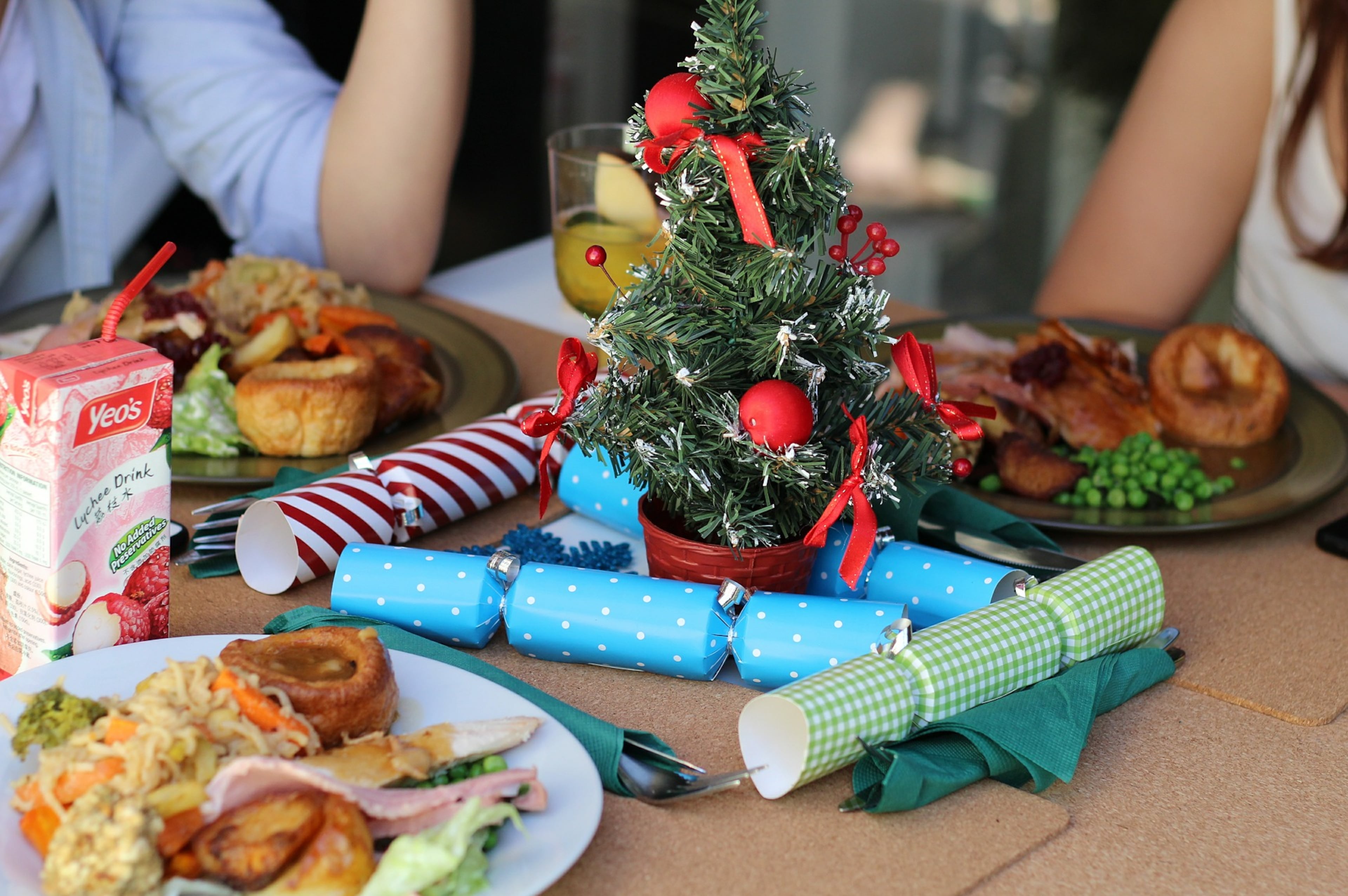TikTokers add vanilla extract to the mix of mosquito repellents
Mosquitoes are a nuisance, and finding ways to ward them off can be even more annoying. However, one trend making the rounds on social media uses vanilla extract to keep these pesky insects away. But does this sweet-smelling solution actually work?
Vanilla extract is gaining popularity as a potential mosquito repellent mainly because of its pleasant aroma and natural origins. Some claim it’s an effective alternative to chemical sprays. TikTok user @brennadehaas stated in a video, “It’s natural and doesn’t contain any of the toxins that shelf bought bug sprays does so it’s great to use on kids.”
However, experts urge caution about relying solely on this method. “It is true that vanilla extract can provide some degree of repellency due to its ability to mask human odors that attract mosquitoes,” pest expert Nicole Carpenter explained to Newsweek. “However, this effect usually lasts only about 30 minutes and may not work for everyone.”
Carpenter further explained the science behind vanilla’s potential effectiveness lies in its active compound, vanillin. Research published in the Scientific World Journal highlighted the insect-repelling qualities of vanilla extract, though it stressed the effects are short-lived. The study suggests that the repellent needs to be reapplied every 30 minutes, particularly in high temperatures that cause rapid evaporation or in conditions where water, such as rain, might dilute it.
Ultimately, while vanilla extract may offer a pleasant-smelling and natural option for short-term mosquito relief, it’s not a reliable substitute for EPA-registered repellents.
“For those that are prone to bites, we recommend using products with EPA-registered active ingredients recommended by the CDC,” Mike Bentley, entomologist for the National Pest Management Association, told EatingWell. For effective mosquito protection, traditional methods still take the cake.
Find more stories like this one on our Pulse Facebook page.


